Sometimes, it isn’t what you’re making or selling that’s important – it’s how you do it. For those of us in the fenestration industry, it may well be worth reflecting on that, particularly for those looking for differentiation in a mature market.
It’s the nature of the free market that products tend towards commoditisation as time goes by. This is both a powerful and a useful force, with the ultimate beneficiaries being Joe Public. You and I benefit enormously from, for example, the commoditisation of the personal computer.
The personal computer is a great case in point for a number of reasons. One is that they are everywhere. Two, their capabilities have advanced astoundingly in a relatively short space of time. And three, most of us have been around long enough that we remember how rare and expensive they once were.
Check out this great piece from USA Today if your memory needs a jog; it lets you check the price of a computer in your birth year. Clearly seeking to avoid offence, it only goes back to 1971! Note the cost of 1975’s IBM Portable Computer. Sadly, 50 pounds is the weight, not the price tag. Taking that one home would have required parting with the equivalent of nearly U$42,000 or around £34,500 in today’s money.
Staying with IBM, though, we can also observe that this process, while good for the consumer, isn’t always good for a company. IBM exited the hard drive business back in 2002 when these devices became a commodity (who can forget the revolutionary crate-sized 5MB hard drive Big Blue introduced in 1956). Just two years later, in 2004, IBM was to leave the PC business itself.
What, you are surely asking, does any of that have to do with windows and doors? The discussion is about commoditisation, not IBM. It is also about how you do things in your business, with a suggestion that the ‘how’ can be more important than the ‘what’.
Let’s take a look at companies which have successfully capitalised on existing commodities by doing things differently. While Uber and Airbnb, as prime examples, are routinely lauded for innovation, they don’t in fact sell anything new. Both are brokers. Both sell commodities (transport and accommodation) which have been hallmarks of civilization for thousands of years.
Their innovation is in the process of connecting buyers and sellers at scale and growing the addressable market by bringing latent ‘stock’ to market. How they do it is arguably more important than what they are providing. You could, of course, make a strong case for ‘a bit of both’.
As a window and door maker, you’re not producing never-before-seen items. These are commodities, although many are indeed impressive.
And for any commodity the threat of mass production from low-cost economies is real. Right now, you compete on quality – but what happens should the quality from these competitors improve, as it surely will?
And what of domestic competition. So much company time and money is expended at Exhibitions and Trade Shows to differentiate your product, brand and innovation from your competitor, yet so often manufacturers use the same common systems within sales and production – systems which often rely on conformity and not in providing differentiation. This puts everyone on an even footing – and another name for that footing is ‘commodity’
So when you’re looking at or reviewing business solutions consider how much more powerful it would be to have systems which mould to your needs and not the other way around. Systems which can provide unique company and customer experiences.
See what Soft Tech has to offer. Our strength is in the flexibility we offer to make your systems unique and innovative while still grounded within our core technologies.

